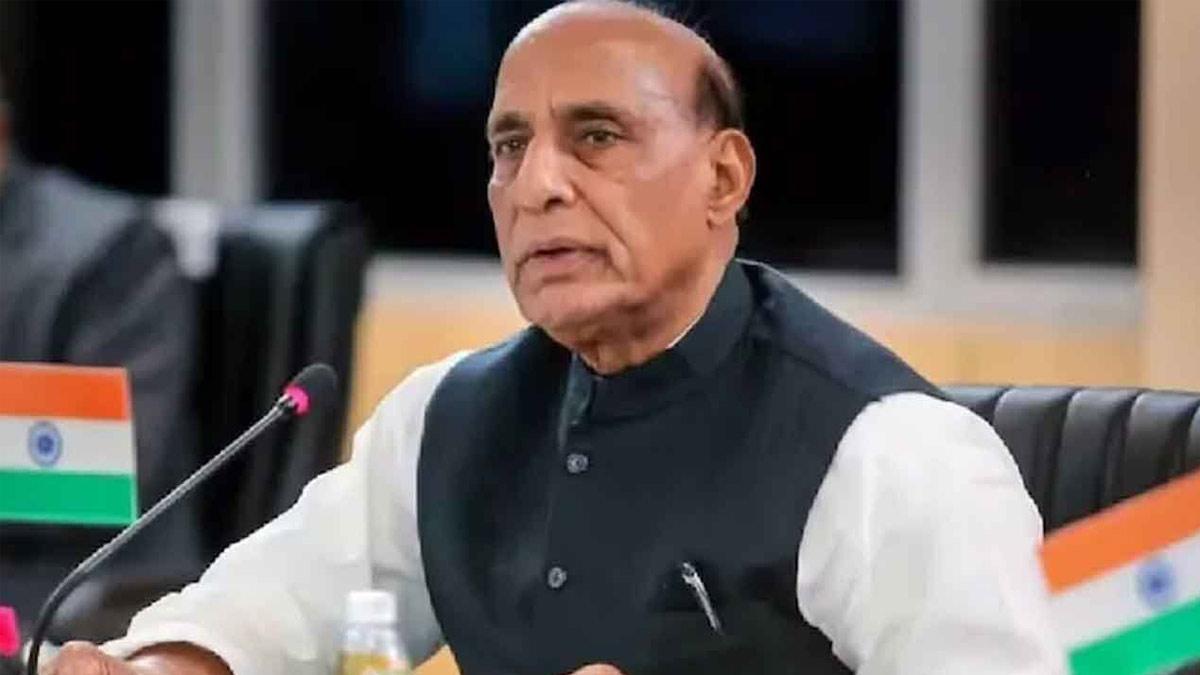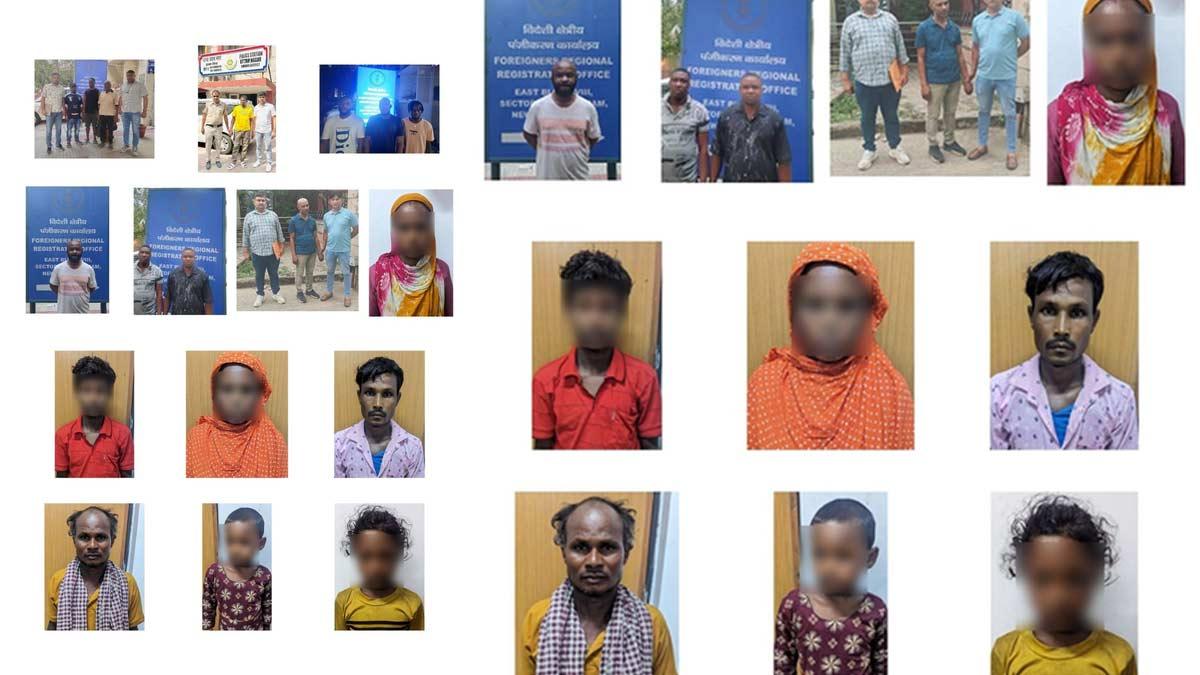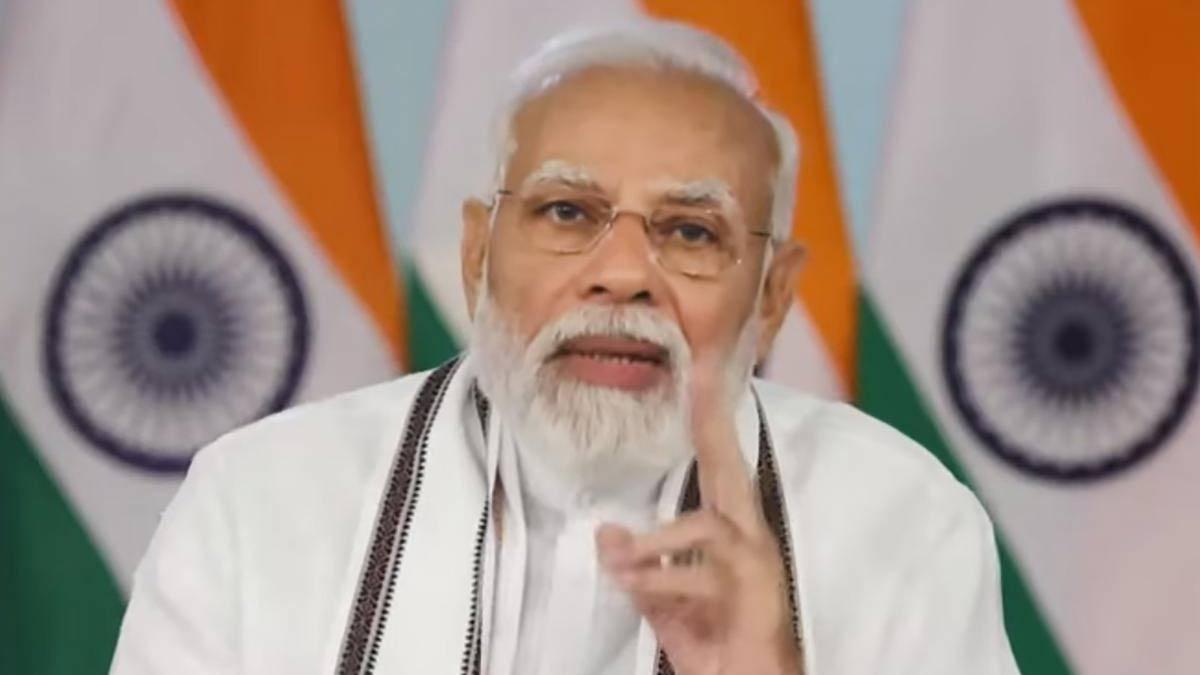Defence Minister Rajnath Singh officially confirmed that over 100 terrorists were eliminated in Operation Sindoor, India's firm military action against the April 22 Pahalgam terror attack that killed 26 civilians, including a Nepali citizen and a 70-year-old retiree.
Addressing opposition leaders on Thursday, Mr. Singh stressed that India does not seek escalation, but it will retaliate with strength if provoked.
The strike, described as "persistent," targeted nine high-profile terror targets in Pakistan and Pakistan-occupied Kashmir (PoK), including headquarters and training camps of Lashkar-e-Taiba and Jaish-e-Mohammed—two groups with a history of targeting India. The former's proxy was behind the Pahalgam massacre, while the latter was behind the Pulwama attack in 2019.
The coordinated 25-minute attack, conducted early Wednesday morning, used guided weapons like SCALP missiles and HAMMER bombs and was designed not to kill any civilians. Pakistani military installations were not attacked.
Indian Army Colonel Sofiya Qureshi, during a joint press conference with Air Force Wing Commander Vyomika Singh, emphasized that the targets had been grounded on reliable intelligence linked with cross-border terrorism. The two officers assured India's preparedness in the event of a Pakistani military retaliation.
Political Consensus in India
Opposition parties in an all-party meeting pledged full support to the actions of the government. Congress President Mallikarjun Kharge stated, "We are all with the government," acknowledging that some operational aspects must remain under wraps. Parliamentary Affairs Minister Kiren Rijiju welcomed the "maturity and consensus" displayed at the briefing, calling for a unified political front against terrorism.
Pakistan's Reaction and Escalating Tensions
Pakistan has denied any role in the Pahalgam attack and called for an international investigation. It has, however, faced severe censure at the UN Security Council, particularly for the ongoing activities of groups like Lashkar-e-Taiba from its soil.
As a countermeasure to India's action, Pakistan is said to have considered an armed response and has resorted to daily cross-border shelling, which has claimed at least 13 lives so far. India maintains that it is giving a calibrated and proportionate response.
Non-Military Indian Actions
Apart from military actions, India took non-military retaliatory steps, including:
- Suspension of certain visa categories for Pakistanis.
- Stopping the Indus Waters Treaty (IWT), which is vital to Pakistan's agricultural water supply.
- Pakistan has retaliated in turn by suspending the 1972 Simla Agreement, the foundation agreement that governs the Line of Control (LoC).
Read also| 15 Civilians Dead as Pakistan Launches Intense Shelling Along J&K LoC


















